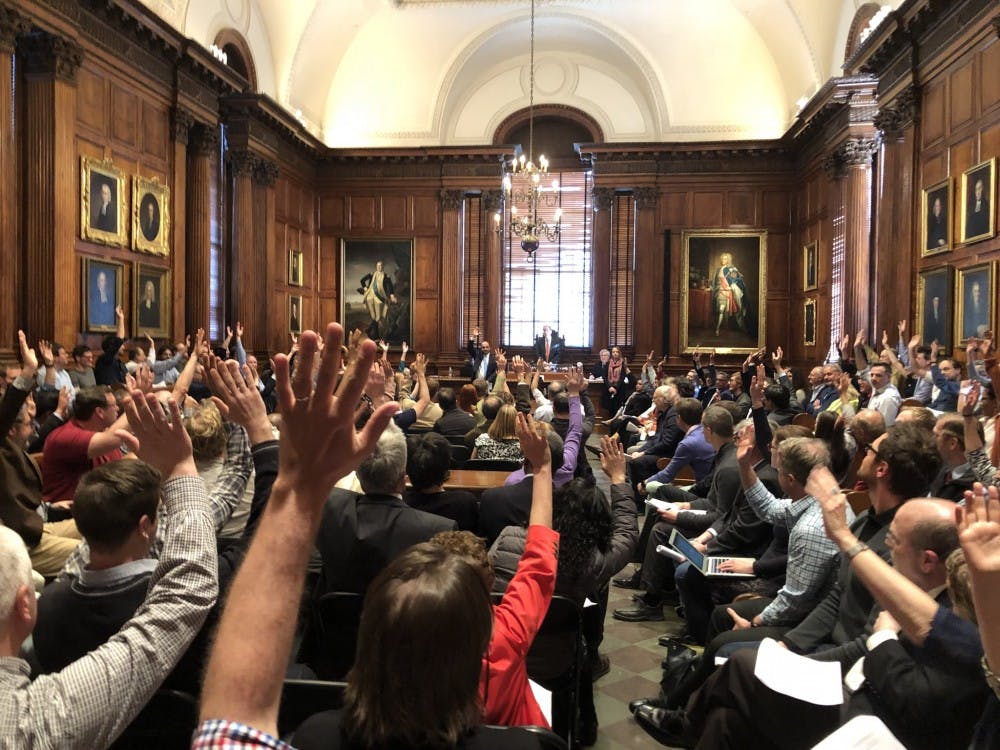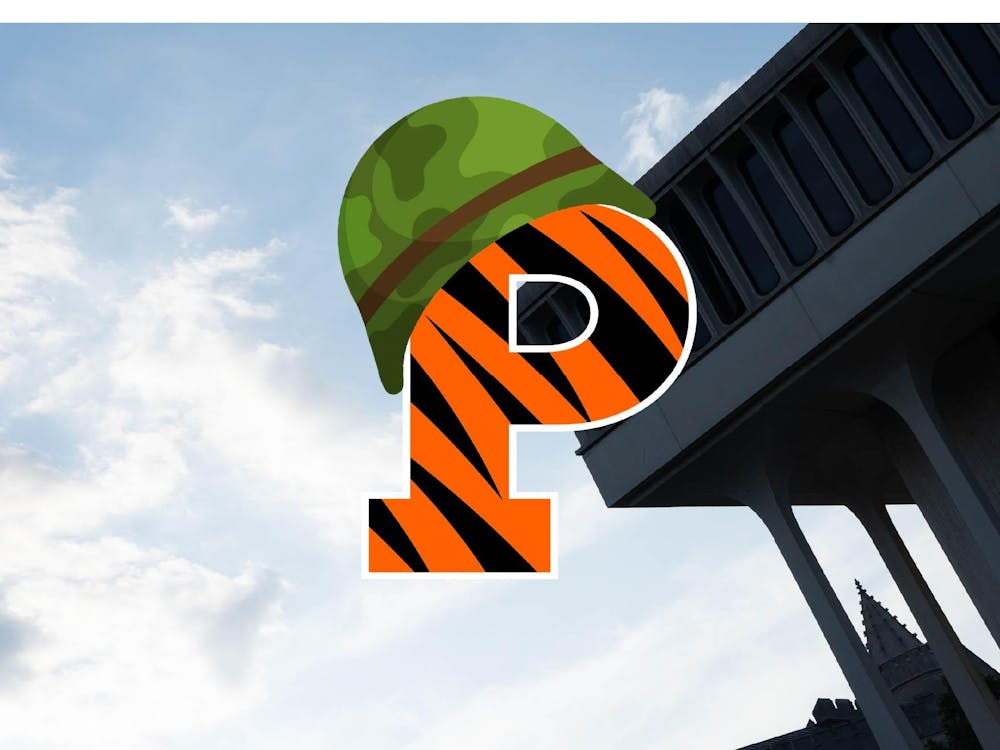After 40 years of campaigning by Asian-American students, alumni, faculty, and staff, the University officially approved a certificate program in Asian American Studies on April 2. The establishment of the certificate, received with delight and tentative hope by students, marks a historic achievement and important beginning for a longer journey of establishing a thriving Asian American studies field at the University.
“Never in my wildest dreams could we imagine that we could get this by the time I was a senior,” said Nicholas Wu ’18, former president of the Asian American Students Association, who has been involved in the campaign since his first year as a student.
“Now we’re on the cusp of something really big,” Wu said.
Wu is former head opinion editor at The Daily Princetonian.
While Asian American studies classes have been offered in the past, such as Beth Lew-Williams’s HIS 270: Asian American History, which attracted almost 100 students this past fall, the certificate creates an institutional home for Asian American Studies. This necessitates a mandate for the University to hire more faculty and provide more diverse classes, according to Anne Cheng, director of American Studies, professor of English, and long-time advocate for the new certificate.
Previously, Asian American Studies was supported on an ad hoc basis through visiting faculty and speakers, such as the Asian American Speaker Series. Now, as an established program, faculty can develop a real curriculum and methodology for Asian American Studies.
The new certificate will not only help to establish Asian American Studies as a field at the University, Cheng said, but will also hopefully present a model of interdisciplinary and trans-national ethnic studies in the 21st century, in contrast to its early years.
“In the 1980s, it was about identity politics,” Cheng said, explaining that Asian American Studies was part of a general movement for ethnic studies that emerged in the ’60s and ’70s. Buoyed by the radicalism of the time, students asserted “Asian-American” as a radical act bridging “Asian” and “American” as a singular identity worthy of scholarly study.

At the University, advocacy for Asian American Studies began as long ago as the early 1970s, with the creation of Asian American Students Association. It started with what Helen Zia ’73 described as “episodic, student-initiated seminars.” Zia, a prominent writer and activist who has worked to advance Asian-American and LGBTQ+ rights, attended two of these student-run seminars in her undergraduate years in the University. These seminars imparted an important education to her and her peers that later translated to greater civic and political engagement.
Zia credited these early student seminars for their later community organizing.
“There was an awareness: ‘Oh, we have a connection to this democracy,’” she said. “We have a connection to this society. We have skin in the game here. We have contributed to this, and it was so important for people in our communities to see that. We weren’t just, as the books used to say, sojourners.”
While the work of pioneering Asian-American scholars to assert an Asian-American identity by isolating and homogenizing it was politically important, Cheng encouraged thinking about Asian American studies in relation to other categories and Asian-American-ness itself as a very heterogeneous category.

“You don’t come here to reaffirm what you already know,“ she said. “You come to really question what this category means and what it can do.”
Rebecca Weng ’18, former vice president of Asian American Students Association, has been part of the campaign since her first year. She described herself as “tentatively hopeful” about the program.
“I want us to celebrate how far we have come but also how long it took to get here,” she said, citing how schools like UC Berkeley and Columbia University launched Asian American studies programs decades ago.
Weng expressed a feeling of urgency for University administration to invest resources and hire faculty in Asian American Studies.
“I think American Studies is a great program,“ Weng said. “I just also hope that the greater administration in Princeton is really backing it because some of it is just hiring people and finding more bodies on campus to teach the classes that you would need to have a functioning certificate program.”
The future of Asian American Studies is haunted in some ways by the struggle of Latino Studies, which in the past few years has been a program existing in name only.
“There was a certificate in place, but so few people were able to get the certificate because there just weren’t enough courses,” Weng said. “When people say ‘No one is getting the X certificate, it’s not necessarily because they don’t want to. It could just be logistically difficult for students to do so.’”
The Latino Studies and Asian American Studies certificates will be coordinated through the American Studies program this fall.
Next semester, Asian American Studies will feature a new class, ASA 347: The Asian American Family, taught by incoming professor Paul Nadal. It also features a cross-listed course, AMS 404: Race and Ethnicity in 20th Century Popular Performance, taught by professor Brian Herrera. An invitation has been sent to the eminent Asian-American historian Nayan Shah to temporarily replace Beth Lew-Williams, who will be on leave next year, according to Cheng.
Now that student interest has driven the University to finally create a certificate, the question now is whether students will “vote with their feet” and sign up for classes and pursue the certificate in Asian American Studies, Cheng noted.
“I want to thank the administration. I want to thank the students for all the work for getting us here,” Cheng said. “But this is the beginning. We’re not done.”








